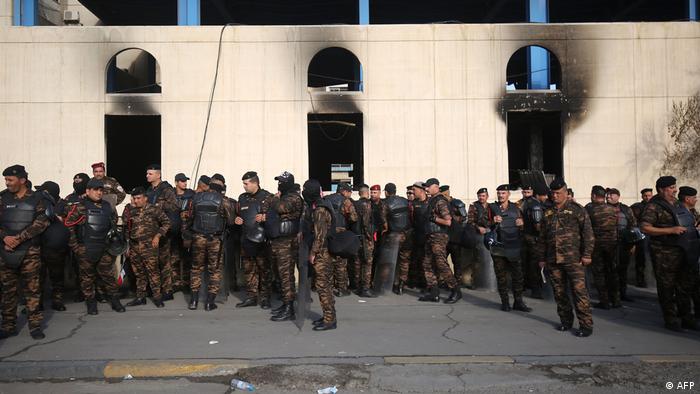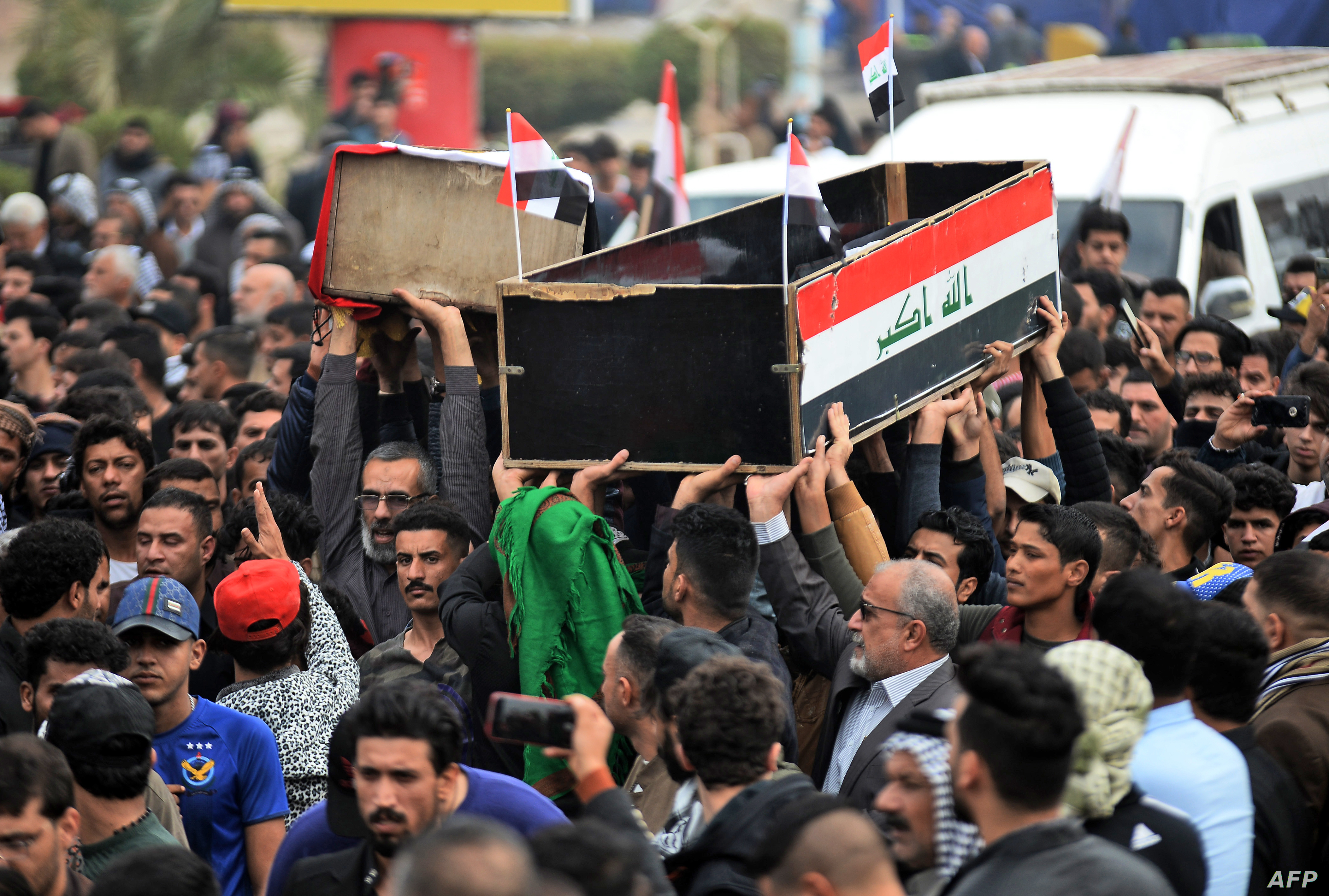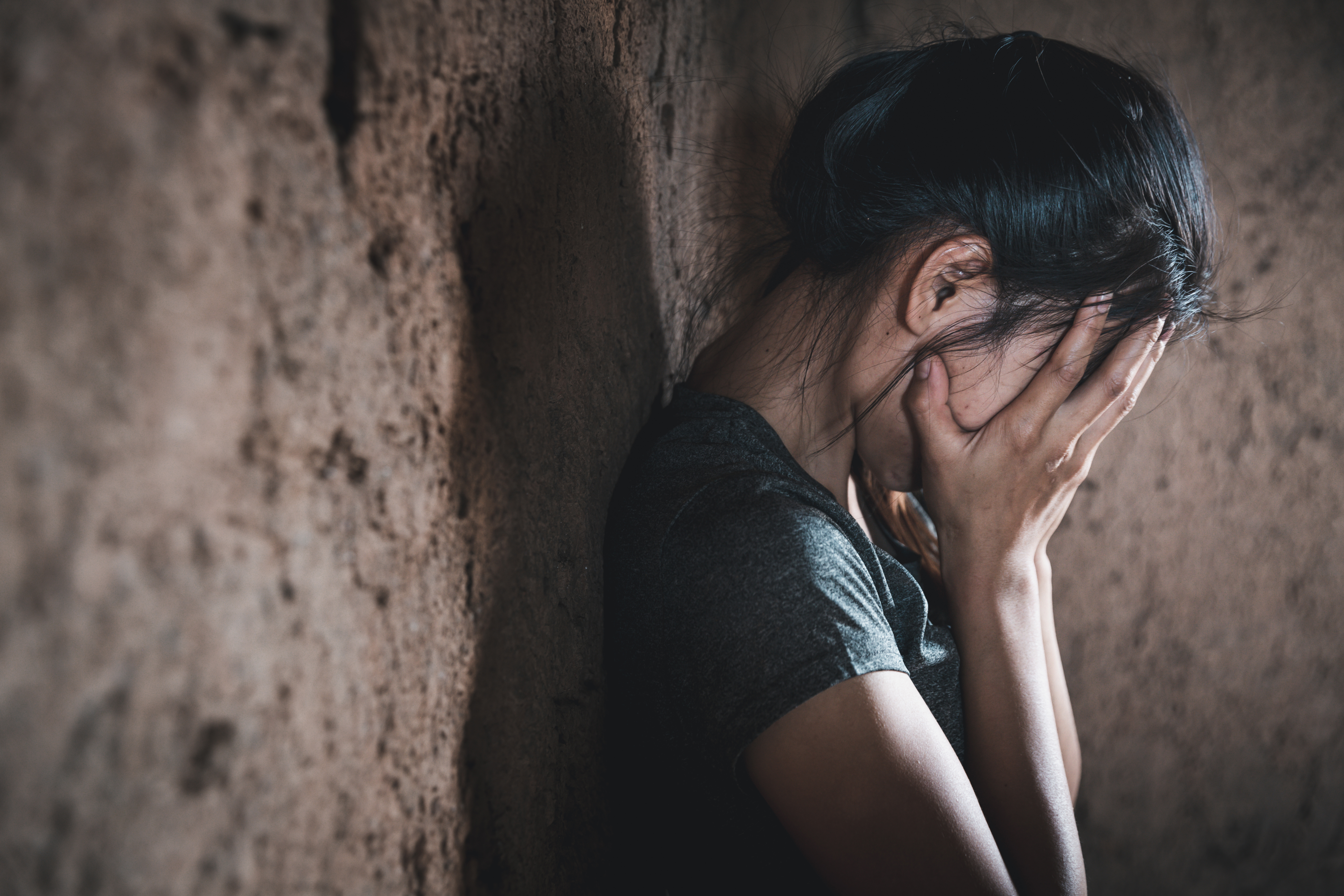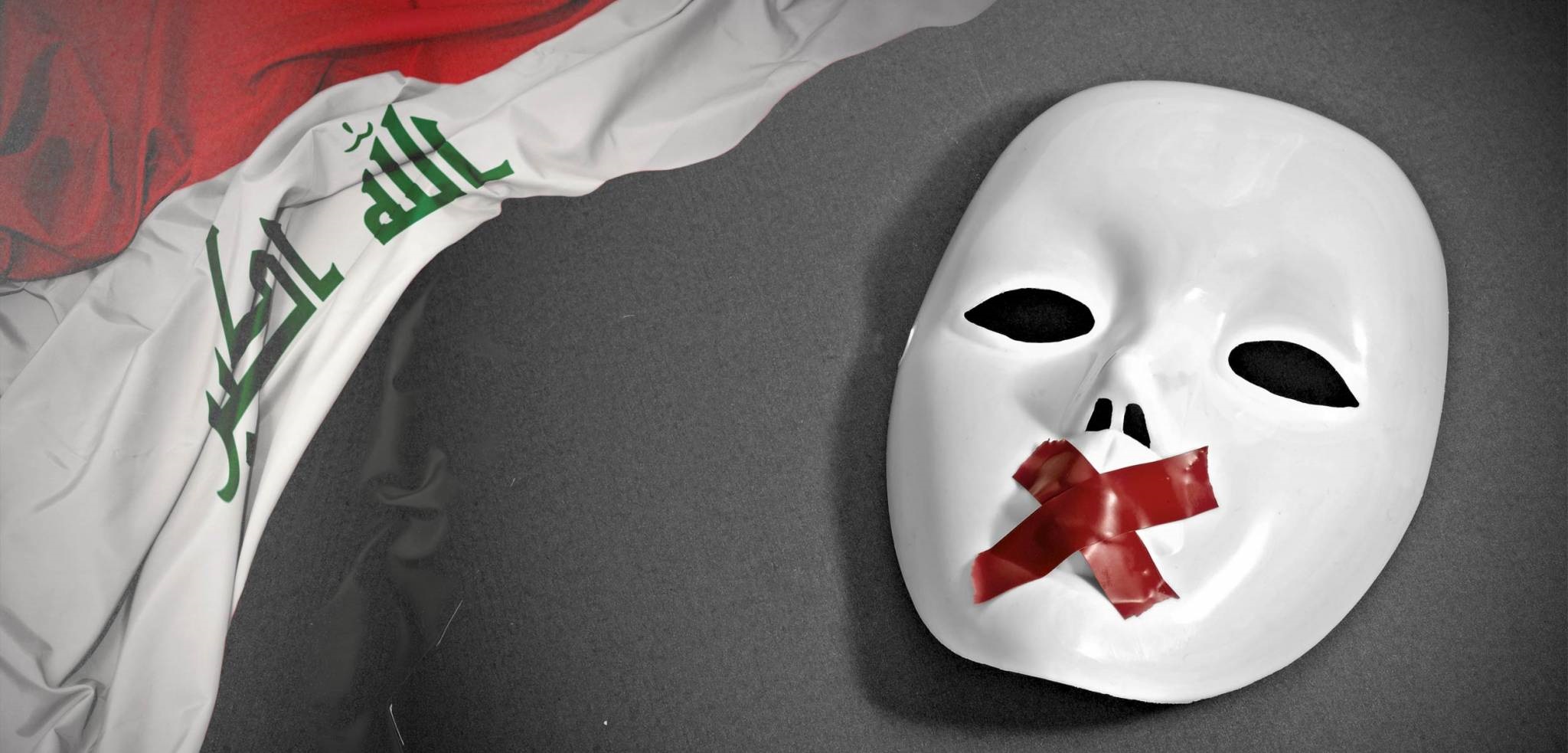As peaceful demonstrations continue throughout central and southern Iraq, security forces, particularly the riot police, have used live ammunition heavily to disperse peaceful demonstrators in the capital Baghdad, Basra, Nasiriyah, and Najaf. In addition, activists and journalists are being targeted with abduction, arbitrary arrest and murder to force them not to participate in or cover these demonstrations.
To enforce control over the media, the Communications and Media Commission ordered several TV channels and radio stations to be closed and warned other channels to be cautious in their reporting.
Use of live ammunition:
Security forces continue to fire live bullets during protests throughout the country, particularly in Baghdad, Basra, Nasiriyah, and Najaf, where many peaceful demonstrators have been killed and injured. Reliable local sources have confirmed the use of anti-aircraft weapons against demonstrators in the Basra governorate.
On 28 November 2019, the Iraqi army reportedly deployed tanks and armoured vehicles in the centre of Najaf, as well as security forces who reinforced their presence near the demonstration areas using live ammunition and tear gas to disperse the demonstrators, killing 12 demonstrators and wounding 70 others. Demonstrations resumed despite a curfew imposed by the authorities on 27 November.
In Baghdad, on 27 November 2019, security forces used live bullets and tear gas in their attack on protesters at Al-Ahrar Bridge in the city centre, killing two of them and wounding at least 25 others.
The local government in Basra continues to use live bullets against demonstrators and make arbitrary arrests throughout the area. Demonstrations continue at the Majnoon oil field, Umm Qasr port, and the rest of the Governorate, which resulted in the deaths of five people and the injury of more than 100 peaceful demonstrators. Their demands are like their peers in other cities: the resignation of the government, an end to corruption, and social justice and respect for public freedoms.
The city of Nasiriyah (pictured above) witnessed on 28 November 2019 a bloody night, where 33 peaceful demonstrators were killed and about 125 others were injured after security forces used live bullets heavily to disperse the demonstrations in Al-Haboubi Square in the city centre and surrounding areas. This came a day after the Iraqi government formed a crisis cell led by Lieutenant General Jamil Al-Shammari, but he was almost immediately dismissed after severe repression by the forces under his command against demonstrators in the city centre.
Targeting Civil Society Activists:
On 23 November 2019, in Al-Amara city, the capital of Maysan governorate, in southern Iraq, human rights defender Jawad Al-Harishawi was shot at by gunmen in civilian clothes in a white car with no numbers. Al-Harishawi, who survived the incident, is an activist known for his active participation in and ongoing coverage of the demonstrations.
On 01 December 2019, civil society activist Samir Al-Faraj was released after being arrested from his home in Al-Ramadi city by security forces early on 27 October 2019. He was arrested after posting a call on his Facebook page for civil disobedience and solidarity with the demonstrators in Baghdad's Tahrir Square.
Several other civil society activists have been released after being kidnapped in Baghdad. On 13 November, two activists were released - Saba Al-Mahdawi, who was held for 11 days, and Ali Hashim, who was held for six days, and whose personal phones were confiscated. On 22 November 2019, Ahmed Baqer Bukli was released after six days. Local reports confirmed that the abduction of the activists was carried out by government security agencies in cooperation with armed groups.
On 19 November 2019, civil society activist Hussain Al-Kaabi was released after he was arrested on 07 November by security forces at a protest in the Al-Rifai district in Dhi Qar Governorate, for leading protests, and inviting citizens to participate.
However, human rights lawyer Ali Jaseb Hattab is still being held after being kidnapped on 07 October 2019 in the city of Amara by an armed group that is known to the security forces in the Governorate. The armed group surrounded his private car and took him by force to an unknown destination.
Targeting journalists and the media:
On 26 November 2019, Alaa Al-Shammari, a reporter for Dijla Satellite in the city of Najaf was severely beaten by riot police using batons. On the same day, riot police attacked other representatives of Dijla TV in Samawah, the capital of Al-Muthanna governorate, Photographer Mustafa Al-Rikabi was seriously injured in the head while he was covering a student demonstration in the centre of the city that was intended to close the governorate's education directorate.
On 21 November 2019, the Communications and Media Commission, which is the governmental regularity body for media in Iraq, issued a letter number 114 S, which orders the closure of the following channels for three months: Al-Arabiya Al-Hadath, NRT, ANB, Dijlah, Al-Sharqiya, Al-Fallujah, Al-Rasheed, and Hona Baghdad, in addition to extending the closure of Al-Hurra for another three months.
The Commission threatened to take more deterrent legal action in the case of "non-compliance with the charter of the broadcast media rules" without giving any details about the violations committed by these channels. Also, the letter itself issued an ultimatum to the following channels:
Al-Sumaria, Asia, Rudaw, Sky News Arabia, and Ur; and ordered the closure of the following radio stations: Nas, Sawa, Al-Yaum, and Nawa.
The statement did not address the reasons for all these arbitrary decisions, which seriously threaten press freedom and freedom of expression in the country. Reliable local sources have framed these decisions as a concerted policy being pursued by top authorities in Iraq to silence voices, deter critical opinions, and prevent coverage of ongoing peaceful demonstrations.
In a statement issued on 27 November 2019, Dijlah TV channel announced that it, "had been exposed on Thursday at midnight to a violation of its constitutionally-guaranteed rights by having its office in Baghdad closed and its private broadcasting equipment confiscated".
The Iraqi High Commissioner for Human Rights (IHCHR), in a statement published on its official Facebook page, announced "an increase in the use of excessive violence, which led to the deaths of many martyrs and wounded." The statement also mentioned the following figures of victims among the demonstrators on 26, 27 and 28 November 2019:
1- Dhi Qar: 25 demonstrators killed and 250 injured.
2- Baghdad: Two demonstrators were killed and 67 were wounded, and 25 security personnel were injured.
3- Muthanna: 308 protesters and security forces were injured, most of them among demonstrators based on local reports.
4- Najaf: Four demonstrators were killed and 354 were wounded, and 50 security forces were injured.
Once again, the undersigned organisations condemn in the strongest terms the excessive use of force by Iraqi security forces, including firing live bullets, and call upon them to fulfil their international obligations, as established by the Iraqi Constitution, to protect the right of their citizens to life, as well as all other human rights, in particular freedom of peaceful assembly, freedom of expression, and freedom of the press. The Iraqi government should immediately and unconditionally cease all forms of violence and protect peaceful demonstrators throughout the country.
The Iraqi government should conduct prompt, independent, impartial and thorough investigations into the killing of protesters, to disseminate the results and bring all those responsible to justice by international standards.
In light of the gravity of the current situation in Iraq, the undersigned organisations request the United Nations Human Rights Council to convene a special session to examine the current dire human rights situation in the country and to take the necessary measures to ensure that the Iraqi government stops using violence in all its forms against peaceful criminals across the country.
Signatories:
1- Arabic Network for Human Rights Information (ANHRI)
2- Gulf Centre for Human Rights (GCHR)
3- Iraqi Network for social media (INSM)
4- Iraqi Observatory for Human Rights (IOHR)
5- Metro Center for Journalists' Rights and Advocacy
6- World Organisation Against Torture (OMCT)




